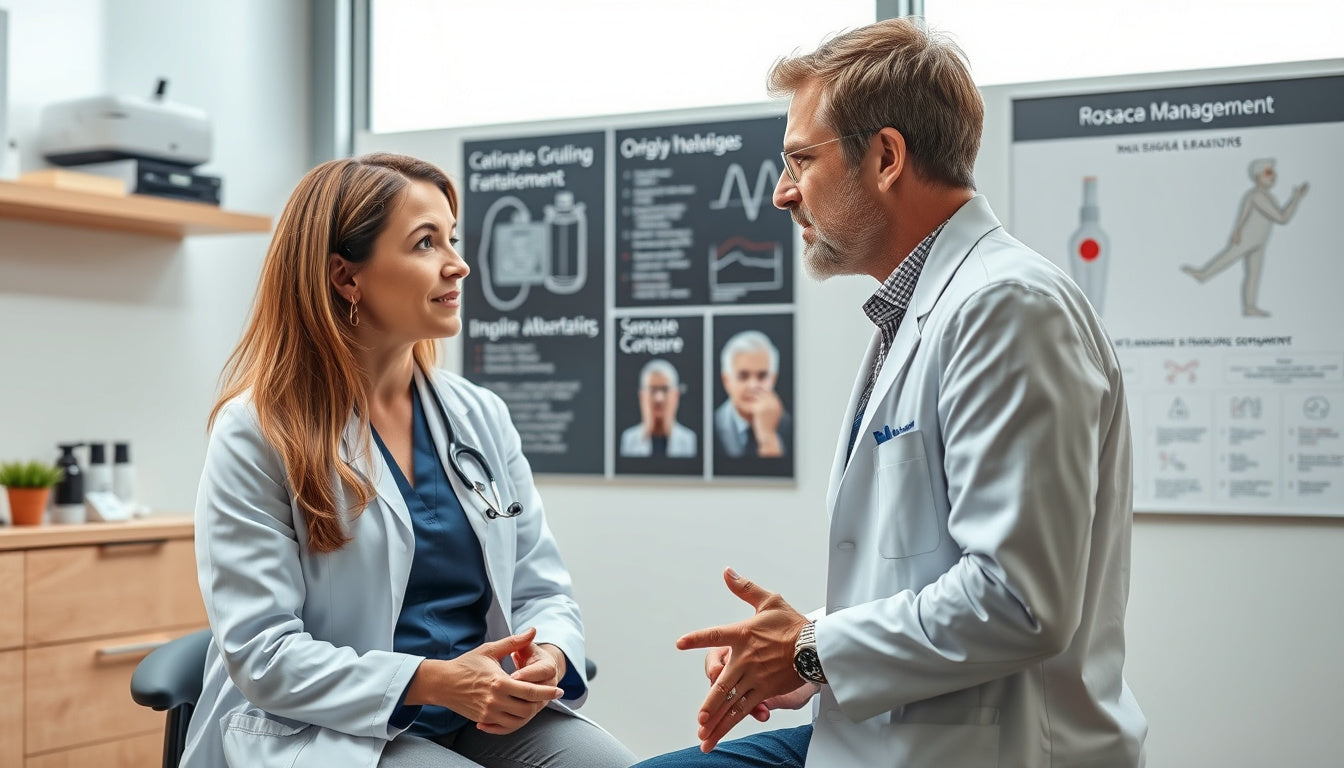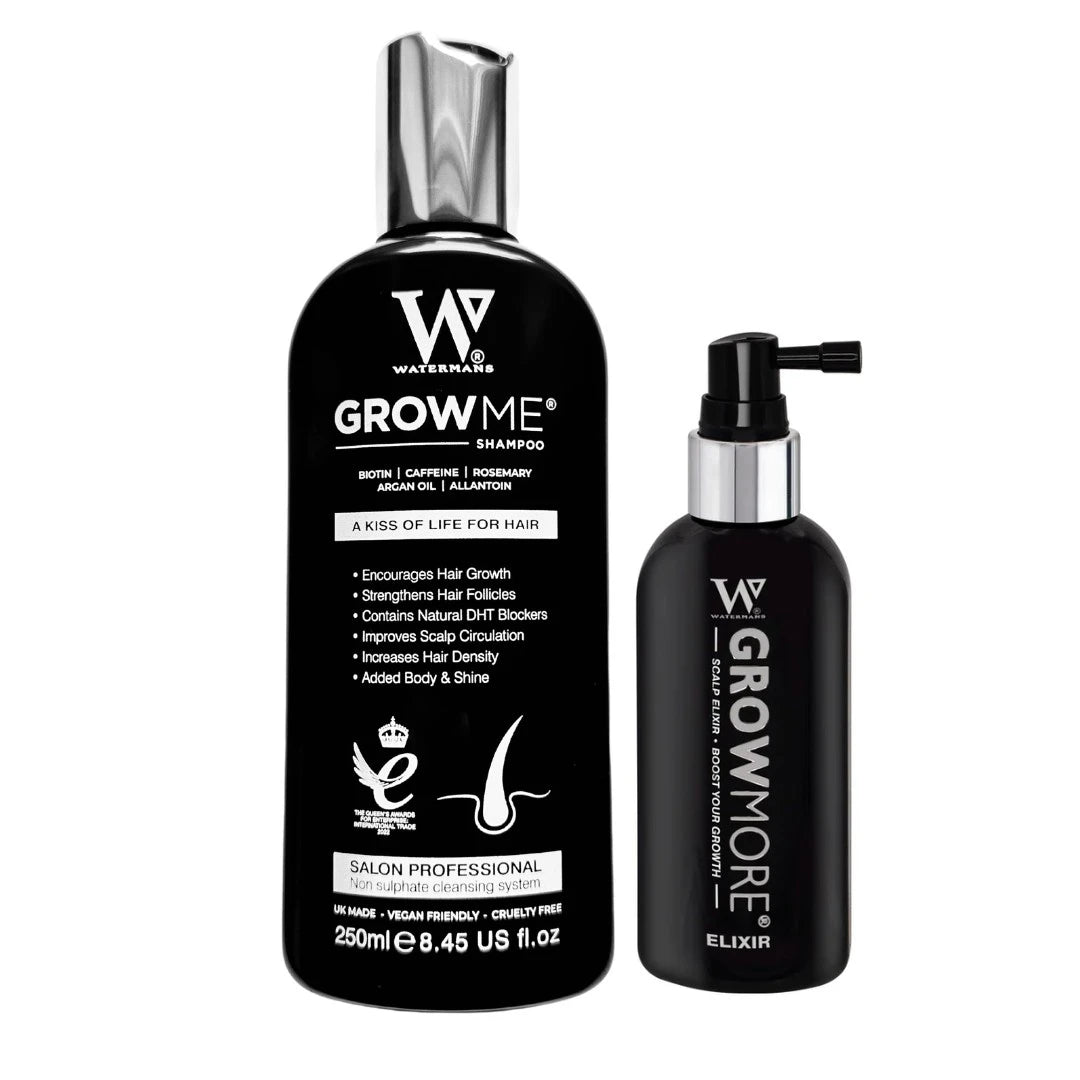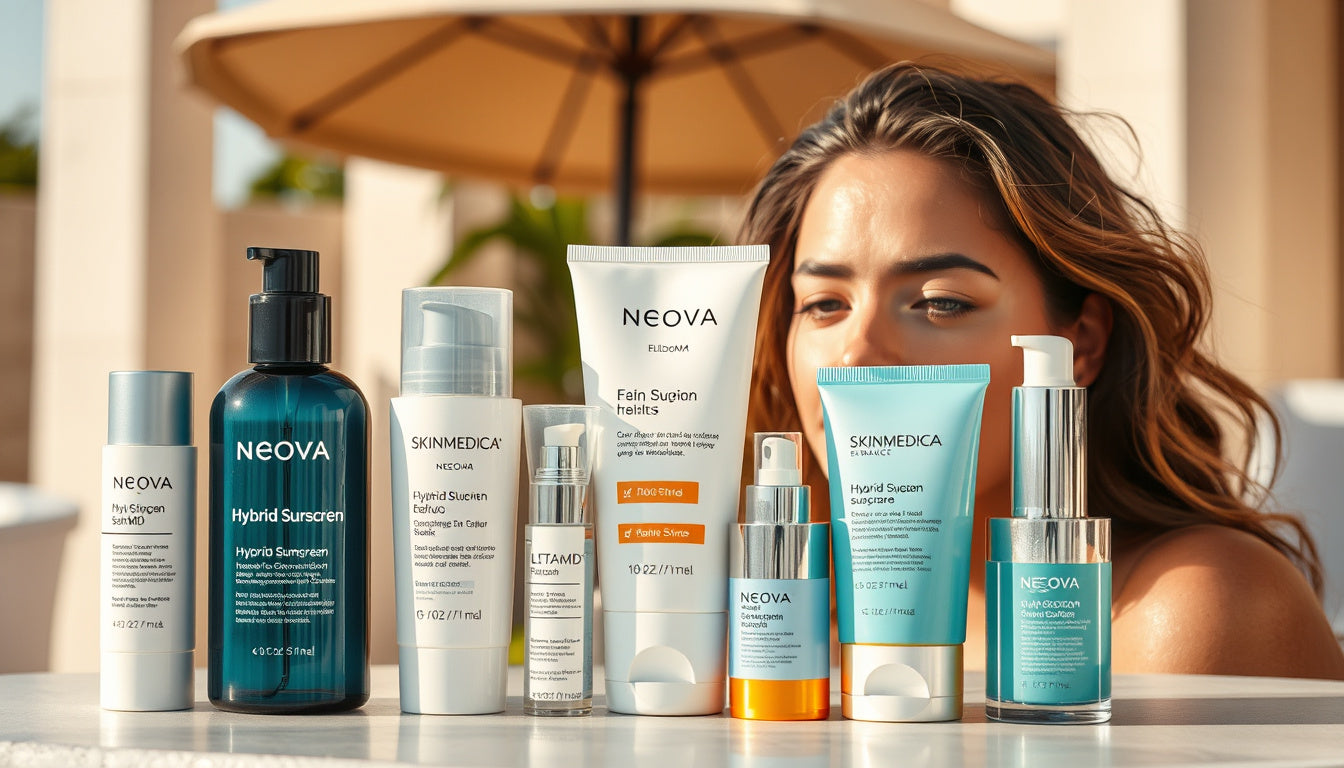
Unlock the Secrets of Rosacea: Expert Dermatologist Dr. Sam Ellis Reveals Essential Dos and Don’ts for Effective Management and Treatment!
Rosacea is a chronic yet manageable skin condition that affects millions of people worldwide. Dr. Sam Ellis, a board-certified dermatologist, sheds light on what rosacea is, its symptoms, and practical dos and don’ts to effectively manage it. Understanding rosacea is the first step toward living comfortably with this persistent inflammatory condition. Below, we dive into the essentials you need to know about rosacea and how to handle it.
What is Rosacea? A Chronic But Treatable Skin Condition
Rosacea is a long-term inflammatory skin condition primarily affecting the face, characterized by persistent redness, irritation, and sometimes acne-like bumps. Though it cannot be cured, the condition can be managed well so it does not interfere with daily life or confidence.
- Typically appears after the age of 30.
- Affects over 16 million Americans (about 1 in 20 people).
- Global prevalence is about 5.5% of the population.
- More common in women than men but affects all adults.
Common Symptoms of Rosacea
Symptoms can vary but frequently include:
- Persistent facial redness, especially on the cheeks, chin, nose, and forehead.
- Easily flushing or blushing.
- Visible tiny blood vessels (telangiectasias).
- Skin that is dry, itchy, scaly, or sensitive.
- Acne-like pimples that might be mistaken for acne.
- Eye irritation such as grittiness, watering, or light sensitivity (ocular rosacea).
Because rosacea manifests differently from person to person, some may experience only a few symptoms while others have several.
Causes and Misconceptions: What Triggers Rosacea?
Rosacea is caused by a complex interaction of genetic and environmental factors. Contrary to common misconceptions, it is not caused by poor hygiene or diet alone, and many triggers are beyond one's full control.
While you can't change your genetics, understanding and identifying your environmental or lifestyle triggers can play a significant role in controlling flare-ups.
Historical Categories of Rosacea: An Overview
Previously, rosacea was divided into four subtypes, though doctors now recognize symptoms overlap considerably:
-
Erythematotelangiectatic Rosacea
-- Redness and visible blood vessels, often with skin sensitivity and burning sensations. -
Papulopustular Rosacea
-- Presence of red pimples or pustules that are often mistaken for acne. -
Phymatous Rosacea
-- Thickening of the skin, especially noticeable on the nose (rhinophyma). -
Ocular Rosacea
-- Eye symptoms like irritation, dryness, and swelling.
Despite no longer using these categories clinically, they're useful for understanding how varied rosacea can be.
Essential Dos and Don’ts for Managing Rosacea
Dr. Ellis emphasizes that these are guidelines rather than strict rules, and individual experiences may vary. If your rosacea is well controlled by your current regimen, drastic changes may not be necessary. However, if you're struggling, these are valuable practices to consider:
Dos
-
See a Board-Certified Dermatologist:
Accurate diagnosis is crucial. Many conditions mimic rosacea, including acne, eczema, seborrheic dermatitis, and lupus. -
Identify and Avoid Personal Triggers:
Keeping a symptom diary can help you discover environmental factors, foods, or products that worsen your rosacea. -
Use Gentle Skincare Products:
Choose fragrance-free, alcohol-free, and non-irritating cleansers and moisturizers. -
Protect Your Skin from the Sun:
UV rays are a major trigger for flare-ups. Use broad-spectrum sunscreen daily. -
Follow Your Prescribed Treatment Plan:
Treatments may include topical medications, oral antibiotics, or other therapies tailored to your symptoms.
Don’ts
-
Don’t Self-Diagnose or Treat Without Professional Guidance:
Misdiagnosis can lead to ineffective or harmful treatments. -
Avoid Harsh Skincare Ingredients:
Ingredients like alcohol, menthol, and exfoliants can worsen sensitivity and redness. -
Limit Exposure to Known Rosacea Triggers:
Common triggers include hot beverages, spicy foods, extreme temperatures, stress, and certain skincare products. -
Don’t Expect a Quick “Cure”:
Rosacea is a lifelong condition requiring ongoing management, not a temporary problem you can eliminate overnight.
Why Seek Expert Care?
Given how frequently rosacea is confused with other skin issues, expert guidance is invaluable. A dermatologist can create a personalized treatment plan that addresses your unique symptoms and lifestyle. Managing rosacea effectively enables you to maintain healthy, comfortable skin and improves overall quality of life.
Final Thoughts: Empower Your Skin Health
Understanding rosacea’s nature and following expert recommendations can transform how you manage this condition. With ongoing care, you can reduce flare-ups, minimize symptoms, and maintain skin you feel confident about every day.
If you’re also interested in exploring products that support skin and hair wellness, consider checking Watermans hair products. They offer a variety of options designed to enhance your overall hair and scalp health — a perfect complement to your skincare routine.
Rosacea may be a lifelong companion, but with the right knowledge and care, it doesn’t have to define you. Take control today and consult a dermatologist for a tailored approach that works.
#rosacea #skincare #dermatology #skinhealth #inflammatoryskincondition













